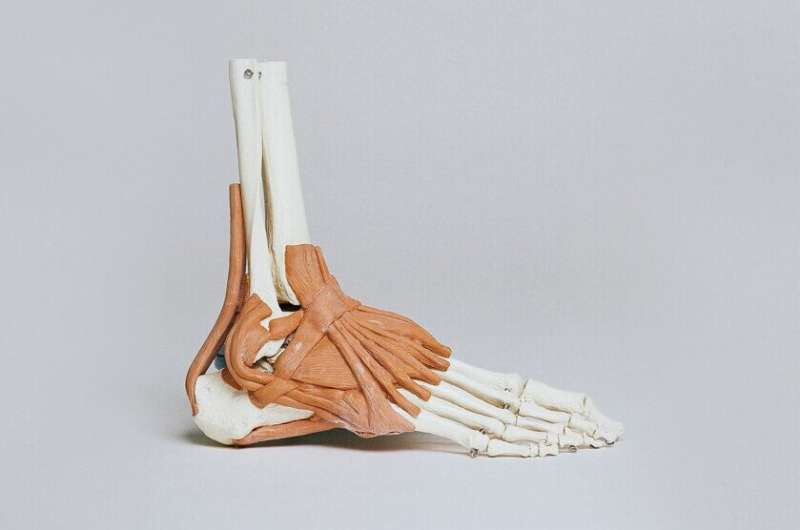Comparable Survival Outcomes for Simple and Radical Hysterectomy in Low-Risk Cervical Cancer

A large study finds that simple hysterectomy offers similar long-term survival to more extensive procedures in women with low-risk early-stage cervical cancer, supporting less invasive options.
Recent research published in JAMA Network Open highlights that for women with low-risk early-stage cervical cancer, survival rates are similar whether they undergo a simple hysterectomy (SH) or a more extensive procedure such as a modified radical hysterectomy (MRH) or radical hysterectomy (RH). The large cohort study analyzed long-term outcomes in women with stage IA2 or IB1 tumors measuring 2 cm or less, involving their histologic subtypes, lymph node status, and other clinical factors.
The study, led by Dr. Christopher M. Tarney from the Walter Reed National Military Medical Center, examined the health records of 2,636 women, including those who received different types of hysterectomies. The findings showed that the seven-year survival rate was approximately 94%, with no significant difference observed among the different surgical approaches—93.9% for SH, 95.3% for MRH, and 95.4% for RH. Adjusted analyses considering various baseline and clinical factors confirmed that the risk of death was similar across all groups.
Furthermore, subgroup analyses based on age, comorbidities, race, stage, tumor type, and other factors also demonstrated comparable survival outcomes. The results support the safety and efficacy of opting for a less invasive surgical option, which can reduce potential complications without compromising survival.
This study adds to the growing body of evidence suggesting that conservative surgical management may be appropriate for low-risk patients, potentially leading to less morbidity and a better quality of life post-surgery. For more detailed information, the full study is accessible through the DOI: 10.1001/jamanetworkopen.2025.10717.
Stay Updated with Mia's Feed
Get the latest health & wellness insights delivered straight to your inbox.
Related Articles
Innovative Lateral Approach in Total Ankle Replacement Demonstrates Long-Term Success
A groundbreaking lateral approach in total ankle replacement shows excellent long-term outcomes and implant durability, offering new hope for patients with end-stage ankle arthritis.
Unequal Prescription of Opioids in Socioeconomically Disadvantaged Areas
A recent study reveals that residents in poorer areas of Canada receive three times more opioid prescriptions than those in wealthier regions, highlighting ongoing healthcare inequities despite declining overall use.
Two Butcher Shops in Northern France Shut Down Following Child Death Due to Food Poisoning
Two butcher shops in Saint-Quentin, France, have closed following a child's death from food poisoning caused by contaminated meat. An ongoing investigation aims to identify the source of infection and prevent further cases.



